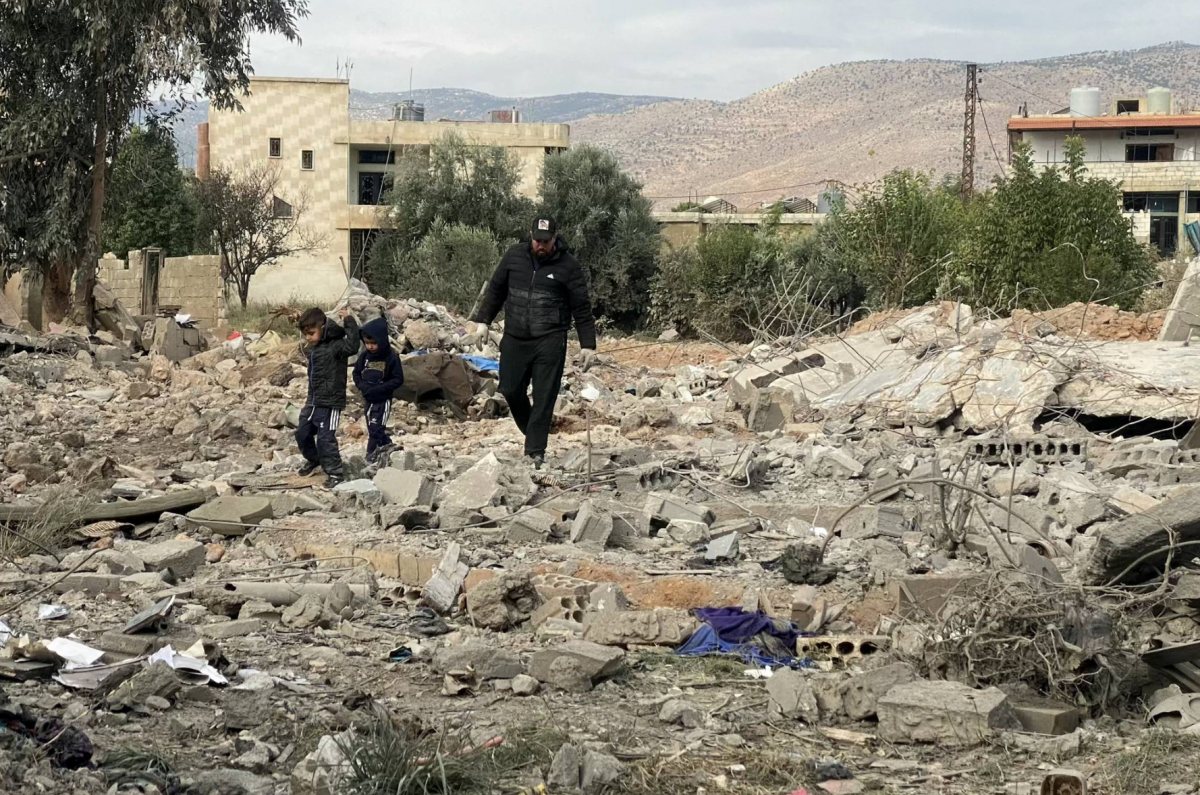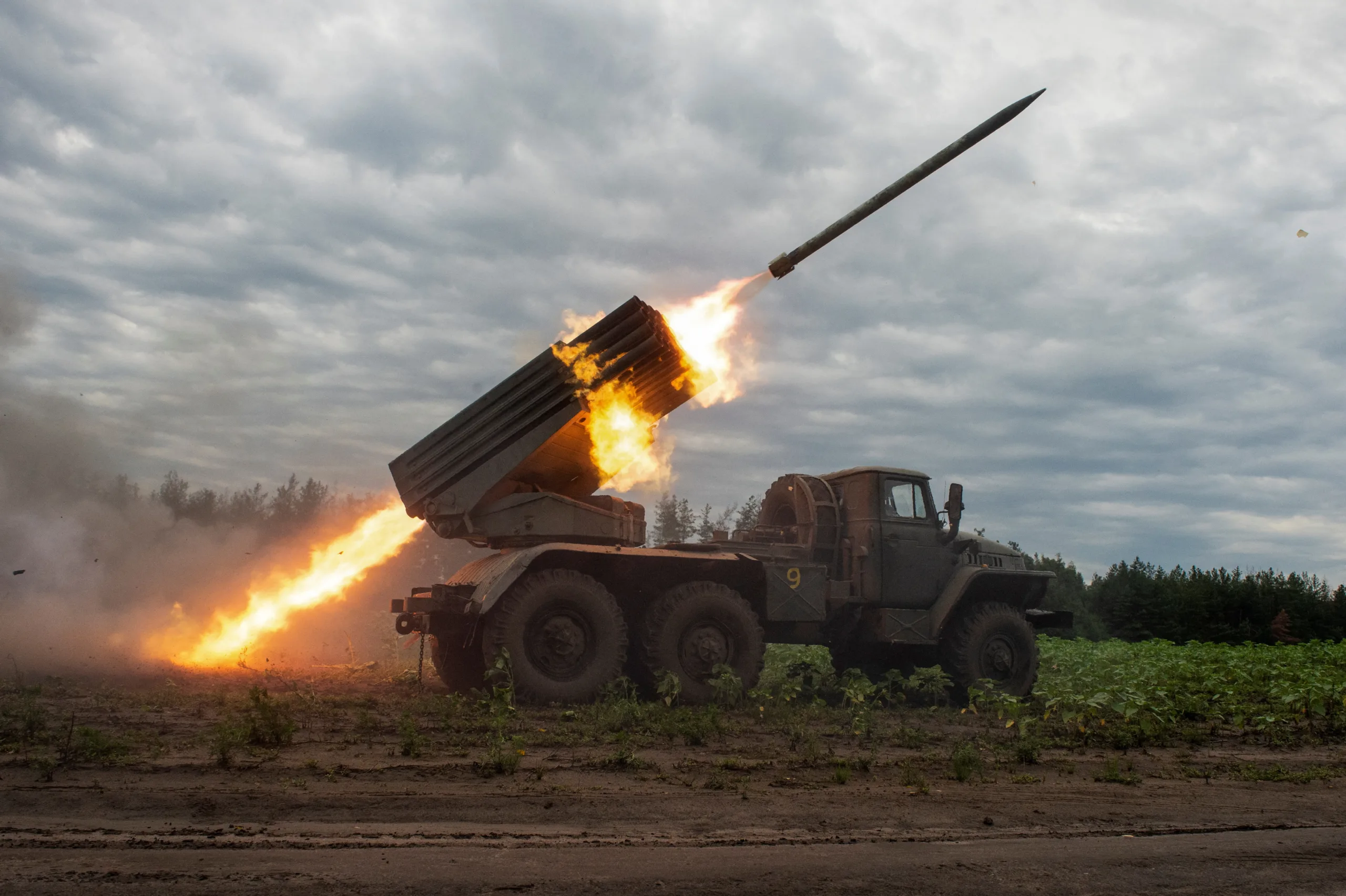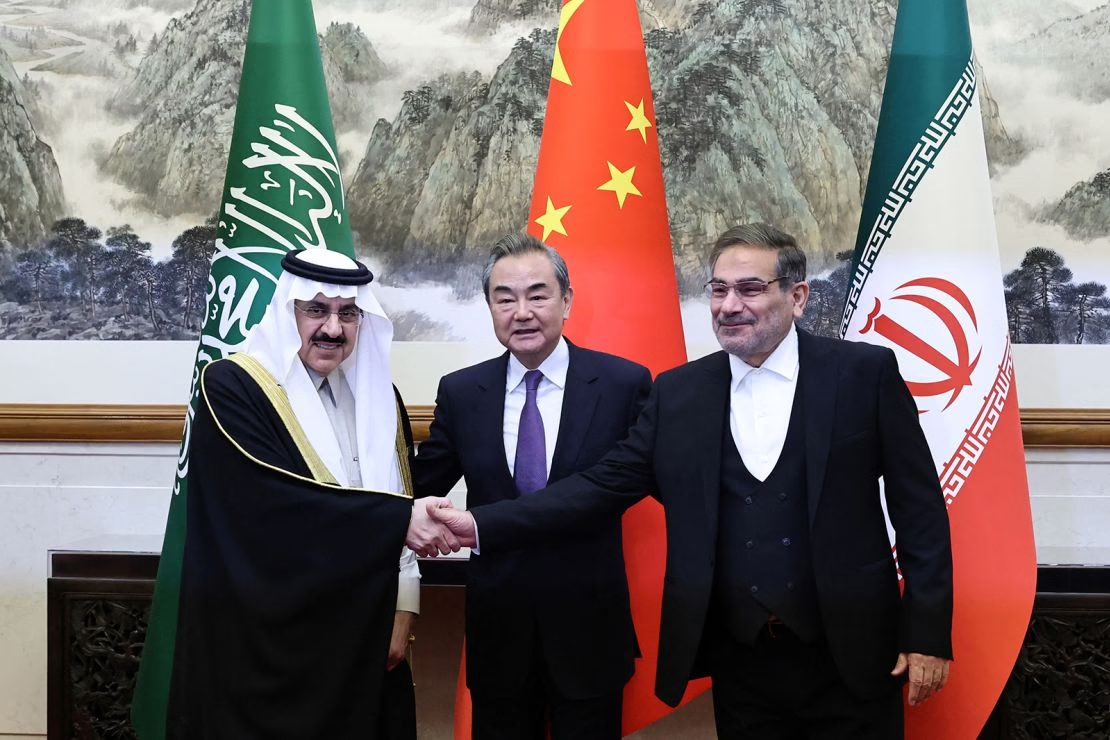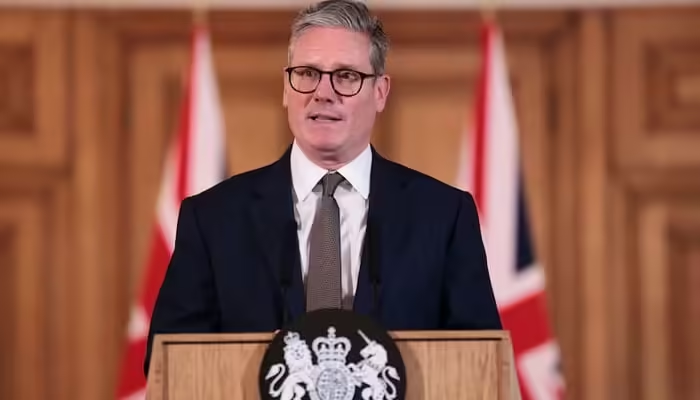Israeli airstrikes on Monday killed at least nine people and injured three others in the southern Lebanese towns of Talousa and Haris, as the Israeli military reported targeting dozens of Hezbollah sites across Lebanon.
Earlier, Lebanese authorities confirmed two additional fatalities in separate strikes, including a state security officer on duty, raising the day’s death toll to 11.
The airstrikes followed Hezbollah’s accusation that Israel violated a U.S.-brokered ceasefire, prompting the group to launch missiles at an Israeli military position in Shebaa Farms. Hezbollah characterized the attack as a “defensive warning strike.”
Ceasefire Under Threat
The ceasefire agreement, effective for less than a week, prohibits offensive operations by Israel in Lebanon and requires Lebanon to prevent armed groups, including Hezbollah, from attacking Israel. However, both sides have accused each other of breaches.
Lebanon’s Parliament Speaker Nabih Berri reported 54 Israeli violations of the truce since its implementation. Meanwhile, the Israeli military has alleged Hezbollah’s movement of weapons south of the Litani River in contravention of the agreement.
U.S. State Department spokesperson Matthew Miller noted ongoing efforts involving France, Israel, and Lebanon to investigate violations. He acknowledged the fragility of early ceasefire periods but emphasized their importance in reducing violence.
Fatal Strikes and Accusations
Among Monday’s incidents:
- An Israeli airstrike in Marjayoun killed one civilian.
- A drone strike in Nabatieh killed a member of Lebanon’s state security force, prompting Lebanese authorities to label it a “flagrant violation” of the ceasefire.
- An Israeli drone attack near the Syrian border wounded a Lebanese soldier.
Israel denied wrongdoing, asserting its actions targeted military vehicles near Hezbollah-linked infrastructure. Foreign Minister Gideon Saar defended Israel’s compliance with the ceasefire but warned against returning to pre-ceasefire conditions.
Regional and International Responses
The U.S. envoy who brokered the truce, Amos Hochstein, reportedly cautioned Israel about potential violations. Meanwhile, Israeli Finance Minister Bezalel Smotrich called for a “powerful blow” against Hezbollah, accusing the group of undermining stability.
As violence escalates, the fragile ceasefire faces growing challenges, risking broader regional repercussions.



